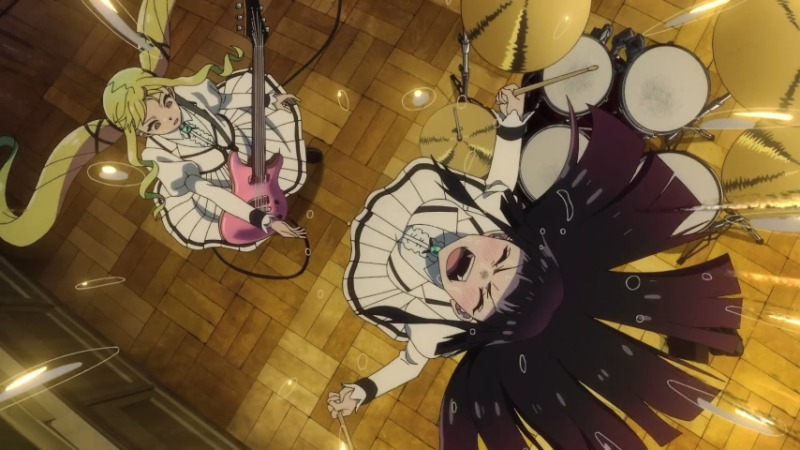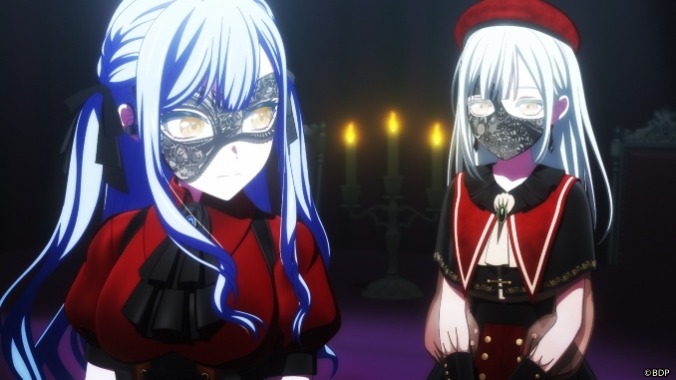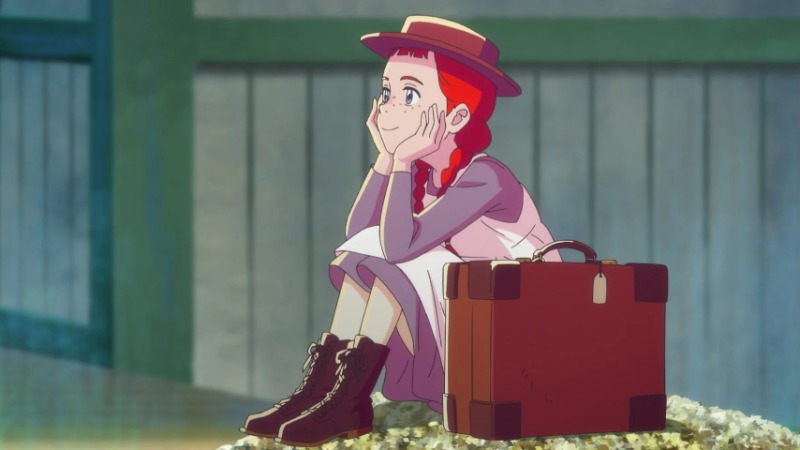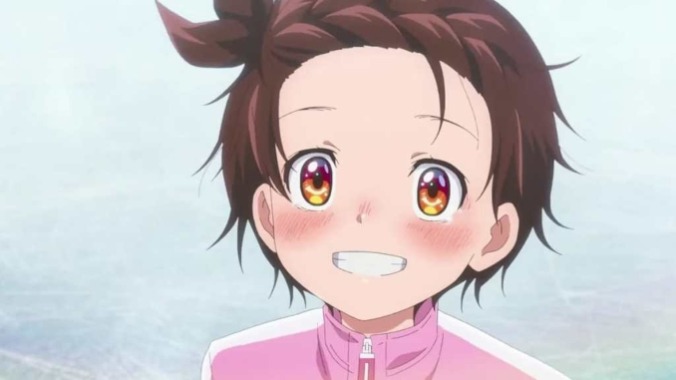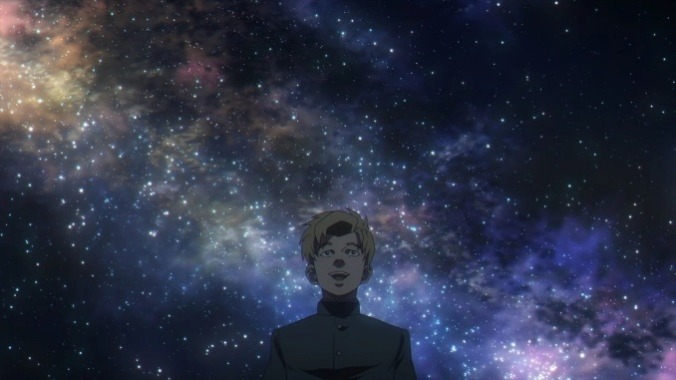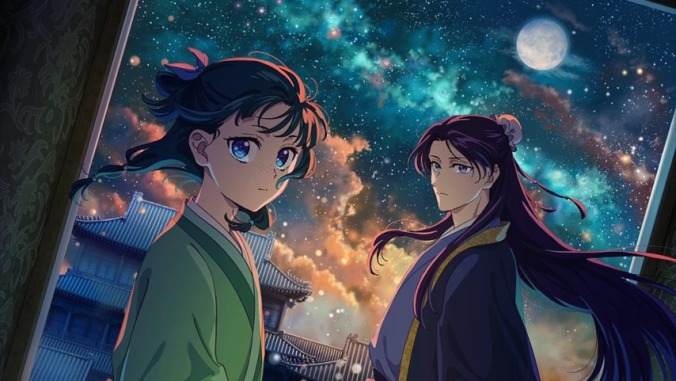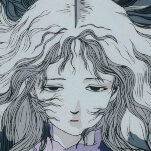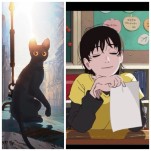The 10 Best Anime Series of 2025 (So Far)
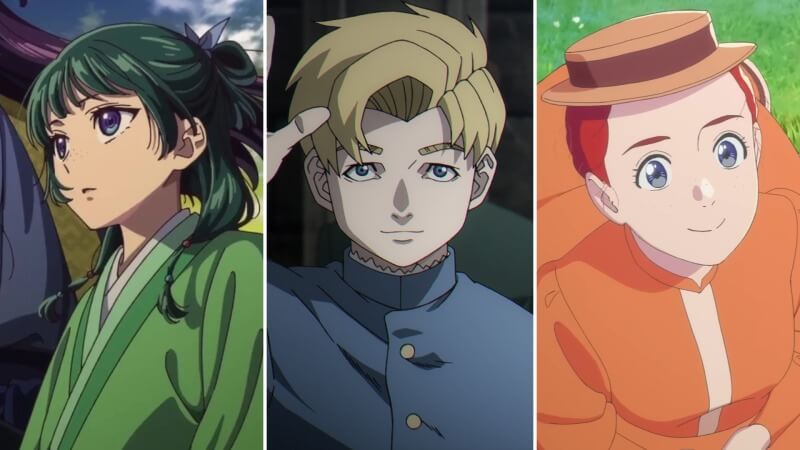
Looking at this year in anime from a high level, it’s clear that most of the ultra-popular releases of 2025 are situated in its back half: new seasons of Dandadan, Kaiju No. 8, My Dress Up Darling, Spy x Family, One Punch Man, My Hero Academia, and more are on the way, and that’s not even including a few popular manga that may hit big as well. But even though this winter and spring in anime didn’t have as many big sequels or obvious cultural event-type series (barring a few exceptions), there was no shortage of great shows if you knew where to look. The top anime of 2025 so far include nuanced works of historical fiction, heady sci-fi, girl bands, adaptations of Canadian literary novels, and a whole bunch of shows anchored by excellent heroines. It’s hard to keep up with the overwhelming number of anime released every year, but luckily, we’ve done the legwork for you: you should probably check out these ten TV shows!
Honorable Mentions
At this point, you probably know if Dr. Stone and its particular brand of action-oriented edutainment works for you or not. The show’s latest season probably won’t convince any Senku-haters to come back around, but the good news for fans of the series is that it has only improved as it reaches its climax. Specifically, our protagonist has met a worthy opponent in a former NASA engineer turned technocratic despot, which has led to some tense stand-offs that leverage the power of science. If you want to see battle-shonen-styled duels and also receive lengthy explanations about sulfuric acid and other compounds, this is the show for you.
From Bureaucrat to Villainess: Dad’s Been Reincarnated! wrings every drop out of its absurd premise, delivering laughs and ultra-sincere monologues as a middle-aged Japanese salaryman is reincarnated as the villainess in a romance game. This premise could have been weird, but thanks to its pure-hearted delivery and intensely likable protagonist, this take on the Villainess sub-genre is another winner.
Dragon Ball Daima ended with a bang, mixing and matching several eras of Toriyama’s seminal series into a fun 20-episode journey. It captures so many of Dragon Ball’s strengths in microcosm: the characters are charming, the fight sequences are thrilling, and it knows how to work in a laugh. Add in the best animation the series has seen in a while, and you have a fitting send-off to a legend.
Melding magic and goofy slice-of-life shenanigans, Witch Watch is an enchanting rom-com with a great sense of humor. As Nico works to help her classmates with witchcraft and Otogi does his best to keep things on the rails, the two find themselves in an endless sequence of silly scenarios brought on by the liberal use of a magic wand. It’s funny, it’s sweet, and it has the best opening of the year: what more could you want?

10. Wind Breaker
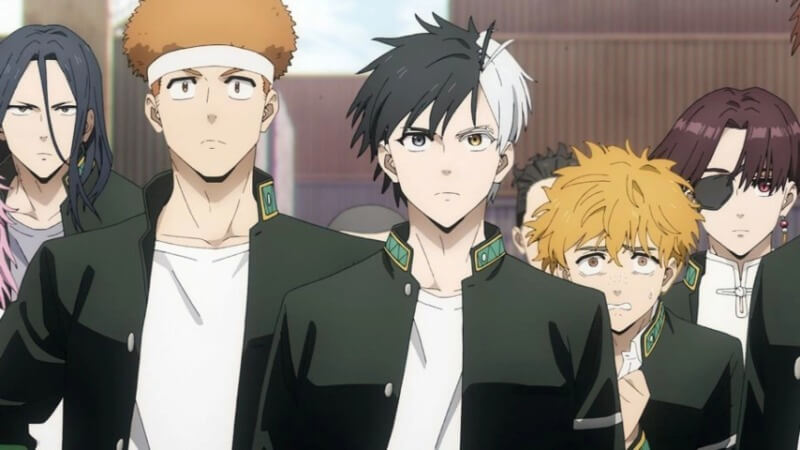
Through its second season, Wind Breaker continues to wear its heart on its sleeve as our central band of unexpected do-gooders punch a whole bunch of dirtbags to protect their community. Despite technically being a “delinquent” style series—a story that follows teen gangs—the members of Furin High School are anything but two-bit hustlers, and under Umemiya’s command, they protect the town of Makochi in moments of need. This time around, Sakura grapples with what it means to rely on his buddies as they run into foes who don’t share their gang’s nice streak, like a bunch of hoodie-wearing creeps who hang out in a warehouse.
As with the previous season, one of the series’ greatest strengths is how it conveys the closeness of its central community, a place where Sakura can finally be himself after a life of being othered. That throughline of finding a place to belong extends to several others as well, including Season 2’s best newcomer, Tsubako, a gender-non-conforming badass whose quest for internal and external acceptance comes together beautifully (especially the part where he positively demolishes his foes while wearing high heels). On many levels, Wind Breakers is a perfect example of why you shouldn’t judge a book by its cover: come for the cool fights, stay for the heartfelt musings on community and alternatives to policing.
9. Blue Box

Mixing sports and romance, Blue Box is a cute genre mash-up that’s only gotten stronger over its 25-episode run. The story follows Taiki, a freshman badminton player, as he begins to fall for the basketball team’s ace, Chinatsu, only for things to get more complicated as unexpected circumstances push them together. One reason this marriage of genres works is because it conveys how Taiki and Chinatsu are united by a shared love for sports, each motivating the other to greater heights. The series delves into both characters’ headspaces, capturing their confused emotions and inner conflicts as it unfolds a love triangle that doesn’t feel contrived. And to top it off, Telecom Animation Film has gone above and beyond with this adaptation, bringing together both sides of this story with kinetic matches and impressively detailed character art that captures each minor swing in these relationships.
8. Kowloon Generic Romance
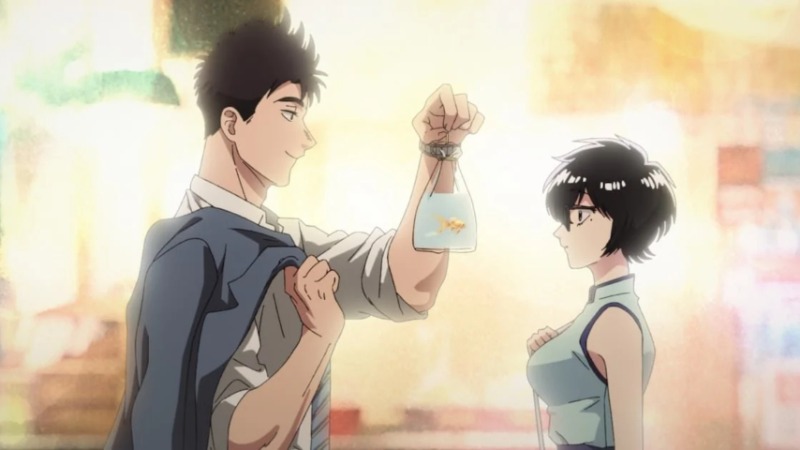
I’m not sure what I was expecting from the somewhat misleadingly titled Kowloon Generic Romance, but a gripping sci-fi mystery about the intoxicating self-destruction of nostalgia certainly wasn’t it. The story follows Reiko, a woman who works for a real estate company in the world-famous Kowloon Walled City. Or, kind of, because within the first episode, we learn that this isn’t the original Kowloon but an elaborate recreation somehow tied to a floating structure in the sky. And we also glean that this version of Reiko might have been preceded by an identical-looking but entirely different person, and that a menacing pharmaceutical company may be involved, and a bunch of other odd circumstances that set the mind racing.
What follows is an unusual blend of slice-of-life intermixed with surprising discoveries as we flash between carefree meals and tortured reflections. There’s a page-turner quality to the story because the narrative delivers a constant supply of reveals, and even better, the further we get, the more it deepens its thematic throughlines about the difficulties of letting go. But perhaps its most welcome benefit compared to many other anime has to do with the cast: they’re almost entirely made up of adults with adult problems (even if those problems have a sci-fi twist). Reiko’s anxieties and wants are well-rendered, and her wholesome relationship with her bestie, Yaomay, is a delight. Kudou is a tortured, broken, noir man whose past becomes increasingly tragic the more we learn about him. Meanwhile, the extended cast features multiple LGBT+ characters who are complex in their own ways, each searching for answers in this labyrinth of a city. By combining futuristic flourishes, grounded romance, and hardboiled detective beats, Kowloon Generic Romance delivers an eclectic and well-executed vision.
7. Apocalypse Hotel
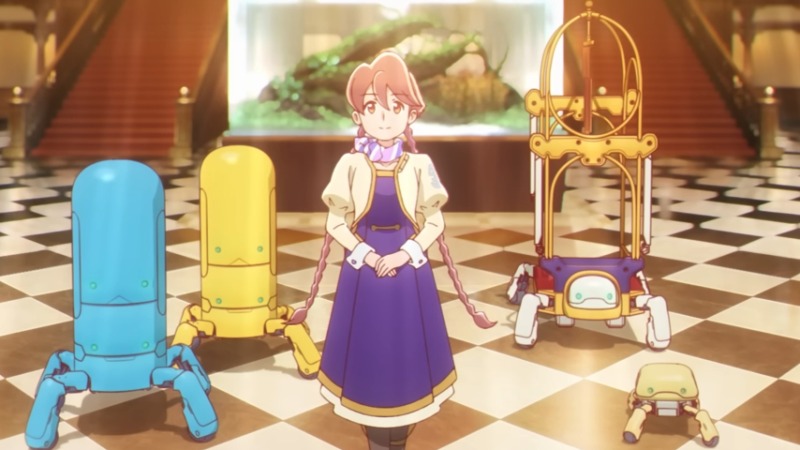
There simply aren’t enough anime originals these days (i.e., shows not based on any source material), and Apocalypse Hotel is a perfect example of the infinitely unpredictable weirdness we’re missing out on due to this absence. Set 100 years after humanity fled Earth due to a primate-killing virus, the story centers on a hotel run entirely by robots. As Yachiyo, Gingarou Hotel’s acting manager, dutifully prepares for humanity’s supposed return, she eventually finds herself catering to a variety of interstellar guests who liven up this sole remaining beacon on Earth. Guests include slime guys, a genocidal dude named Harmaggeddon, and loveable Tanuki from outer space.
Pinning the series down to one genre is tough—it leans into slapstick comedy and episodic hijinks that range from Super Sentai fights to murder mysteries—but throughout this tonal rollercoaster, it never fails to hone in on the melancholic passage of time, as centuries pass for Yachiyo and her found family. It can be sincere and it can be zany, but most of all, its depiction of a post-human Earth is quite bittersweet. On top of this, it helps that CygamesPictures continues to showcase their talented animators, who amplify each gag and drive home the big emotional moments, such as when we see a graveyard of bots that broke down over the decades. Simply put, Apocalypse Hotel is one of this year’s biggest pleasant surprises.
-

-

-

-

-

-

-

-

-

-

-

-

-

-

-

-

-

-

-

-

-

-

-

-

-

-

-

-

-

-

-

-

-

-

-

-

-

-

-

-

